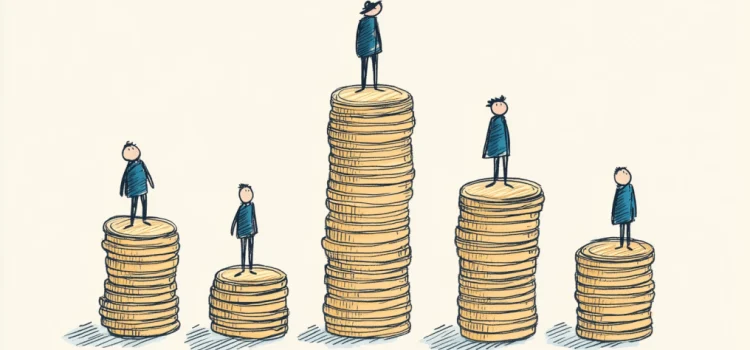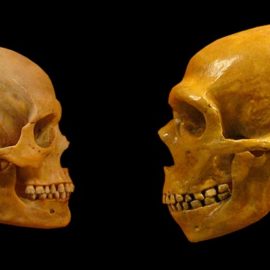

This article is an excerpt from the Shortform book guide to "The Master Guides: Threats to Democracy" by Shortform. Shortform has the world's best summaries and analyses of books you should be reading.
Like this article? Sign up for a free trial here.
Is economic inequality eroding the foundations of democracy? How does the widening wealth gap affect our social fabric?
Democracy and economic inequality are increasingly intertwined in modern society. We draw insights from a philosopher and an economist to understand the complex relationship between these two factors, examining how growing social divisions and reduced social mobility can threaten democratic systems.
Continue reading for perspectives on this crucial issue shaping our world today.
Democracy and Economic Inequality
The relationship between democracy and economic inequality becomes evident as social mobility declines and social divisions intensify, highlighting the complex interplay between political systems and wealth distribution.
1) Growing Social Divisions
Growing social divisions are the first way that inequality can threaten democracy. Writing in What Money Can’t Buy, philosopher Michael Sandel warns of the social consequences of inequality. He argues that the financial gap between the affluent and the poor leads to social divisions that cause these groups to share fewer and fewer common spaces and experiences.
He cautions that such a development is very dangerous for a democratic society, in which all citizens are supposed to be equal and share a common stake in the community’s welfare. When society’s wealthiest members lead vastly different lives from everyone else (and, because of their wealth, wield much greater political power than everyone else), those bonds of commonality get weaker.
In this scenario, the richest citizens feel that they have little stake in the welfare of their fellow citizens—they have enough money to never have to worry about underperforming schools, crumbling infrastructure, or an antiquated healthcare system. Meanwhile, the poorest citizens feel alienated from the common civic project if they feel that the political and economic system has turned its back on them.
2) Reduced Social Mobility
The second threat inequality poses to democracy comes in the form of reduced social mobility. In Capital in the Twenty-First Century, author and economist Thomas Piketty writes that the 21st century may mark the return of an economic and social structure era dominated by wealthy heirs and heiresses. In this stagnant and low-growth type of society, old wealth passed down from generation to generation counts for a much larger share of total wealth than that earned by people during their lifetimes.
He warns that such a society offers few opportunities for upward social mobility. Like Sandel, he argues that wealth inequality could lead to the mass rejection of the very idea of a social state and a democratic society that has certain basic obligations to all its citizens.

———End of Preview———
Like what you just read? Read the rest of the world's best book summary and analysis of Shortform's "The Master Guides: Threats to Democracy" at Shortform.
Here's what you'll find in our full The Master Guides: Threats to Democracy summary:
- What the survival of democracy depends on
- The threats to democracy we should look out for
- How to fight back against democratic decline






